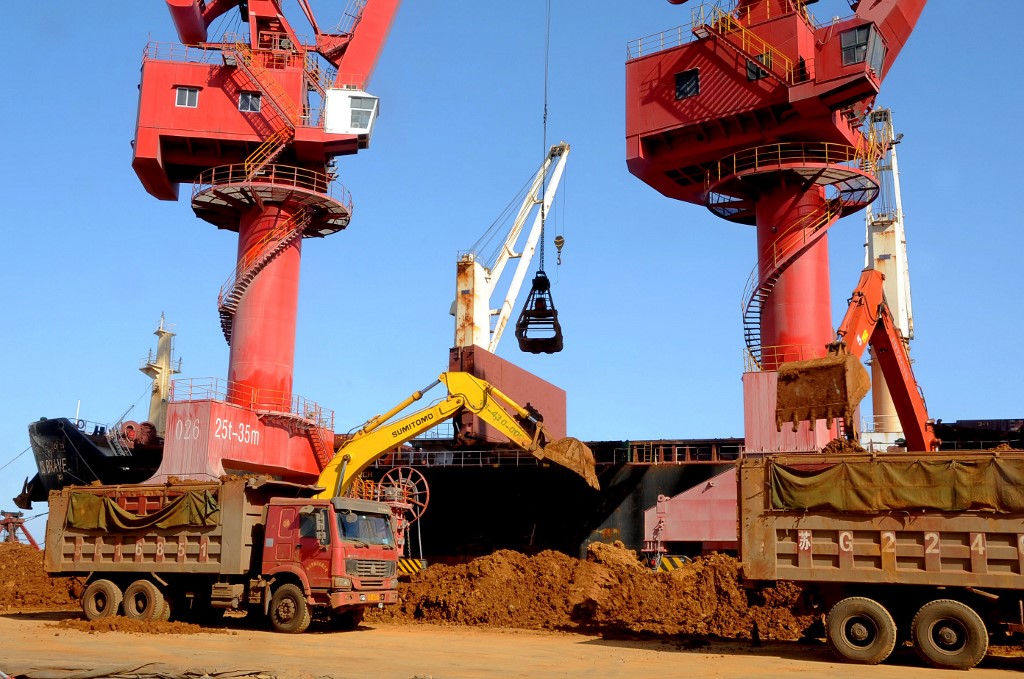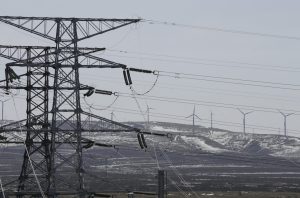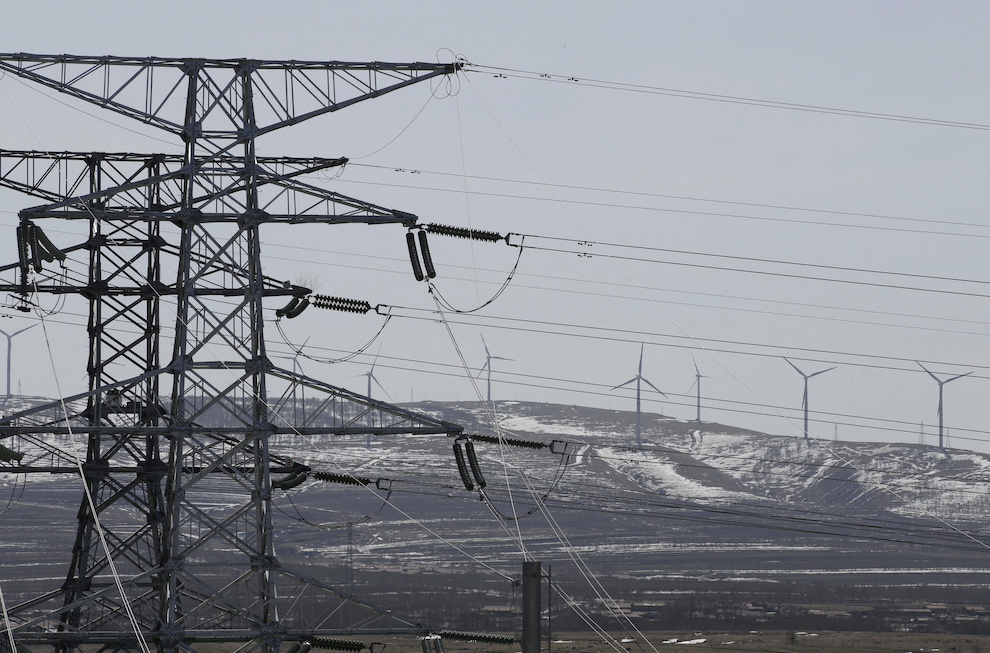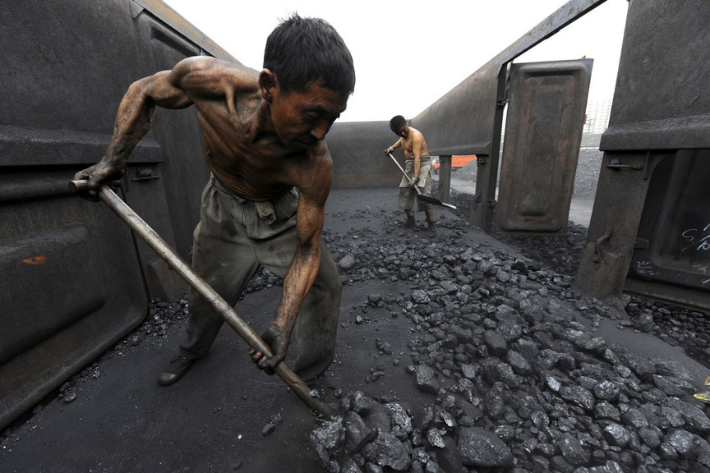China hiked its annual rare earth output quotas on Thursday by 20% year-on-year to their highest levels on record, as it seeks to ease tight supply for manufacturers.
A statement from the Ministry of Industry and Information Technology said the 2021 rare earth mining output had been set at 168,000 tonnes, up from 140,000 tonnes last year.
The quota for smelting and separation – or processing of rare earths into a form that can be used by manufacturers – is 162,000 tonnes, also up 20% on the year, the statement showed.
China is the world’s dominant producer of rare earths, a prized group of 17 minerals used in consumer electronics and military equipment. It announces quotas twice a year, splitting the mining quotas into those for light rare earths, the more common type, and heavy rare earths.
“The quota increase was pretty inevitable with the current supply situation in China and demand growth from NdFeB manufacturers,” said Wood Mackenzie analyst David Merriman, referring to a type of rare-earth magnet used in consumer goods.
Myanmar border closure hits supply
Neighbouring Myanmar supplies around half of China’s heavy rare earths feedstock but the closure of a key border crossing to contain the spread of Covid-19 has seen shipments dry up.
“I expect the tight supply situation for (heavy rare earth) feedstock to persist until the Myanmar border reopens,” Merriman added in an email.
Quotas for the first half of 2021 were earlier set at 84,000 tonnes for mining and 81,000 tonnes for smelting and separation.
The full-year quotas, which have been published unusually late, imply the same levels for the second half.
The quotas are awarded to six state-run companies, including China Minmetals Rare Earth Co, Chinalco Rare Earth & Metals Co and China Northern Rare Earth Group.
The Minmetals unit last week flagged potential consolidation of the so-called “Big Six” when it said its parent was discussing restructuring with Chinalco and the government of rare earths hub Ganzhou.
Call for EU fund for rare earth magnets
Meanwhile, an EU-funded body said on Thursday the European Union should invest up to 200 million euros a year to boost domestic output of specialist rare earth magnets, which are vital for electric vehicle motors and wind turbines.
Companies could be offered tax breaks as part of a plan for the EU to produce a fifth of its own rare earth magnets by 2030, the European Raw Materials Alliance (ERMA) said. It said the move would reduce dependence on China.
Currently 95% of the EU’s permanent magnets, which are also vital for the defence sector and high-tech products such as robots, are imported from China.
A report by ERMA confirms that the EU is considering offering support to local producers so they can compete with Chinese rivals.
The EU, plus Britain, the US and ‘Quad’ nations such as Australia are keen to develop domestic rare earth mining, processing and magnets to help meet targets for cutting carbon emissions.
Demand for permanent magnets is expected to surge as much as tenfold by 2050, when the EU and Britain have pledged to cut net greenhouse gas emissions to zero.
The list here shows company rare earth quotas issued by Beijing for 2021:
Company quotas (tonnes): Light – Medium/heavy – Smelting/separation
Chinalco Rare Earth & Metals Co – 14,550 2,500 23,879
China Minmetals Rare Earth Co – 2,010 5,658
China Northern Rare Earth Group – 100,350 89,634
Xiamen Tungsten – 3,440 3,963
China Southern Rare Earth Group – 33,950 8,500 28,262
Guangdong Rising Rare Metals – 2,700 10,604
Total – 148,850 19,150 162,000
• Reuters with additional editing by Jim Pollard
























